These days, not everyone has the time to sit and read 200 pages of text. Over the years, in spite of our suspicions, we have insisted on producing a glossy document, but this year we finally got the hint!
What people say about annual reports
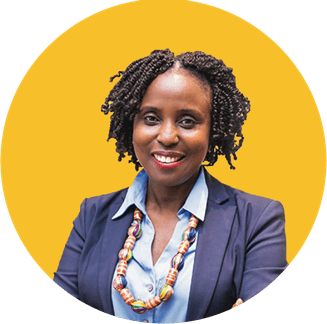
Catherine Kyobutungi
Executive Director
"We have decided that we don’t want to tell you about everything we did this year, we would rather show you. This is our simple and (we hope) digestible way of letting you know what we’ve been up to. We thank you, our supporters and partners for walking with us in 2019 and hope that you enjoy seeing what we have achieved - together."
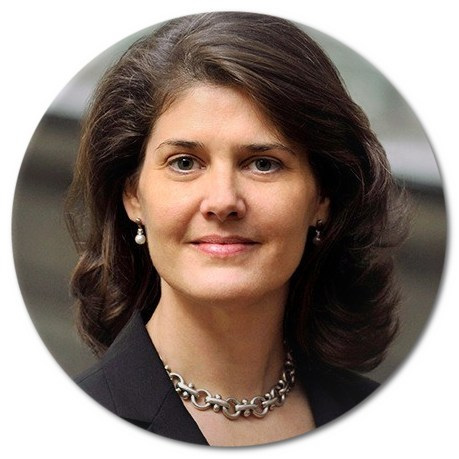
Tamara Fox
Board Chair
This year was an exciting one for the Center as we continued our trajectory of growth, gaining new expertise, solidifying our presence in the West African region,
expanding the breadth of our projects, and deepening our relationships with partners. We have remained steadfast in our efforts to drive change with evidence led by a growing cadre of research leaders across sub- Saharan Africa.
Our work as a Center has never been more crucial than it is now, as we witness the first modern pandemic sweep across the globe.
This pandemic has highlighted our shared humanity and the need for global solidarity. It has also shown the value of scientific evidence,
the need to build stronger health and related systems, which would have been able to more successfully deal with and contain the outbreak. And it has also shown the importance of the essential health and development issues the Center has been addressing for years.
2019
Here’s a quick overview of our achievements
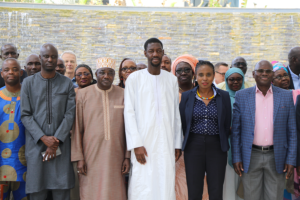
This fully fledged office will anchor our research, capacity strengthening and advocacy work in the West and Central Africa region.
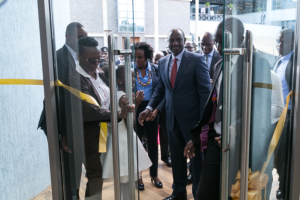
Ulwazi means knowledge in the South African isiZulu language, so we hope our new training facility will be a place where knowledge is sought, created and shared.
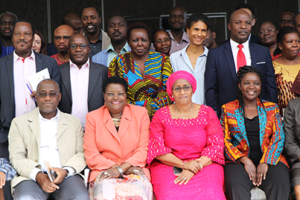
Getting research evidence into decision-making spaces has continued to be a major driver for the Center as we embarked on building relationships with regional parliamentary bodies in East, West and Southern Africa.
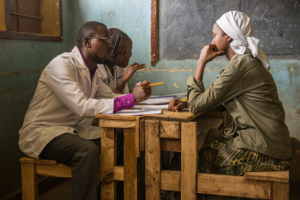
Among the new projects is one that explores the landscape of Girls’ Education in Senegal. The project is funded by Echidna-Giving and will be the first new project to be run from the Center’s West Africa Regional Office.
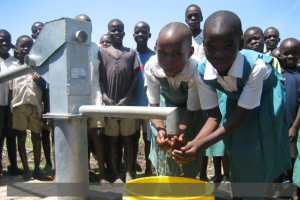
The center partnered with the Nation Media Group and the Ministry of Water, Sanitation and Irrigation in Kenya to host the first ever national sanitation conference attracting over 5000 participants. At the conference, the
Government of Kenya agreed to invest over Sh 80 billion in the next three years for rehabilitation and expansion of sewage infrastructure in the country.
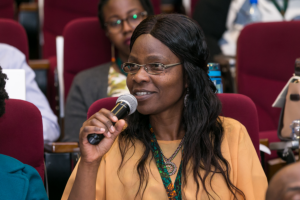
The center brought together medical practitioners, the private sector, government representatives and academia amid a backdrop of increasing rates of cancer incidence and deaths. The symposium served as a precursor for launching
a multi stakeholder partnership for cancer prevention and control in Kenya.
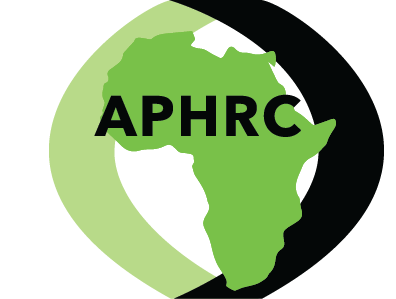


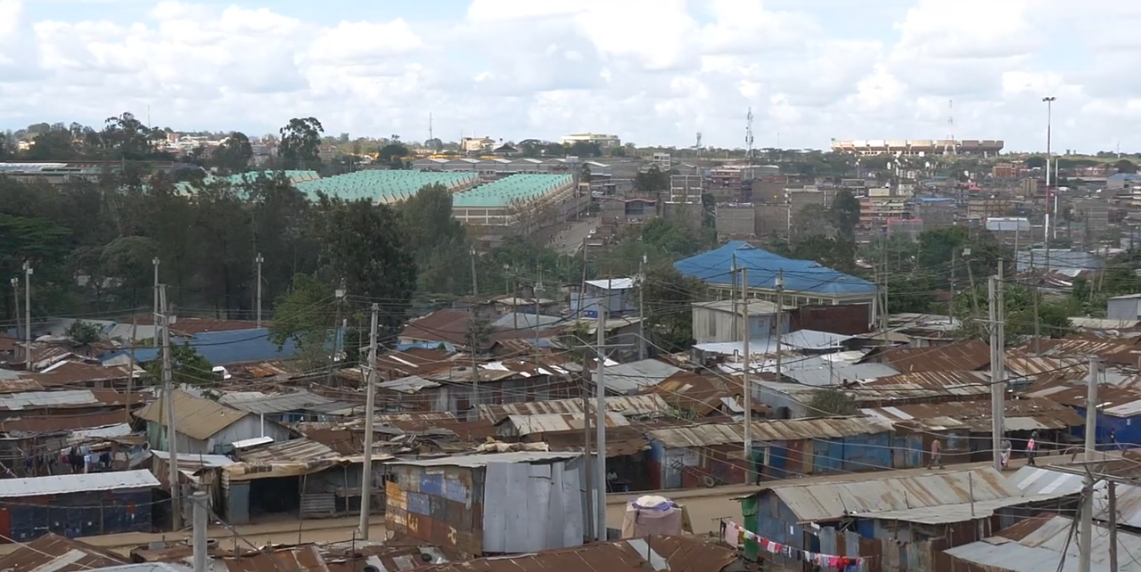
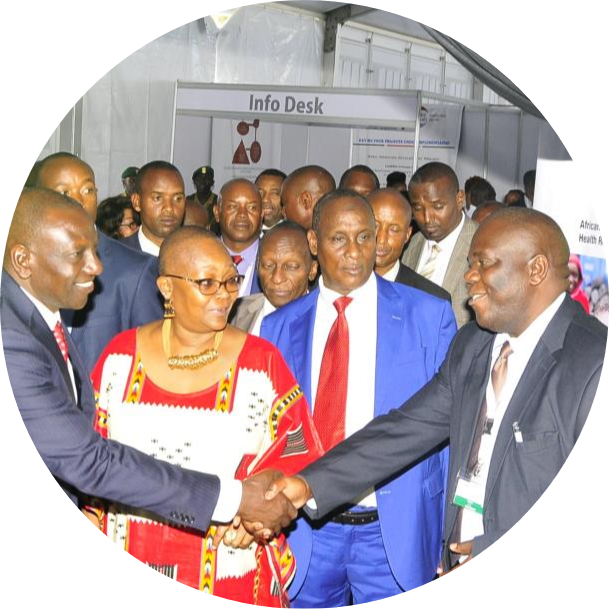
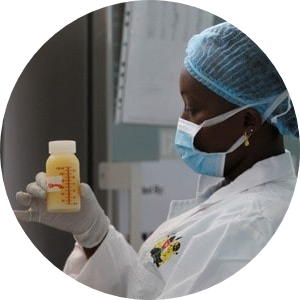
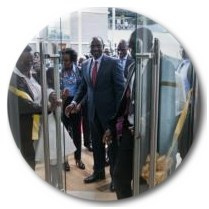

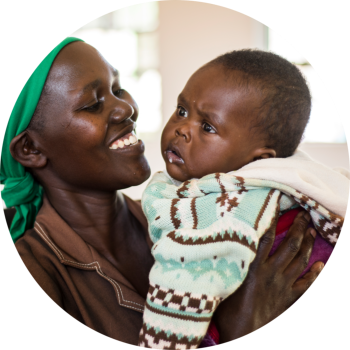
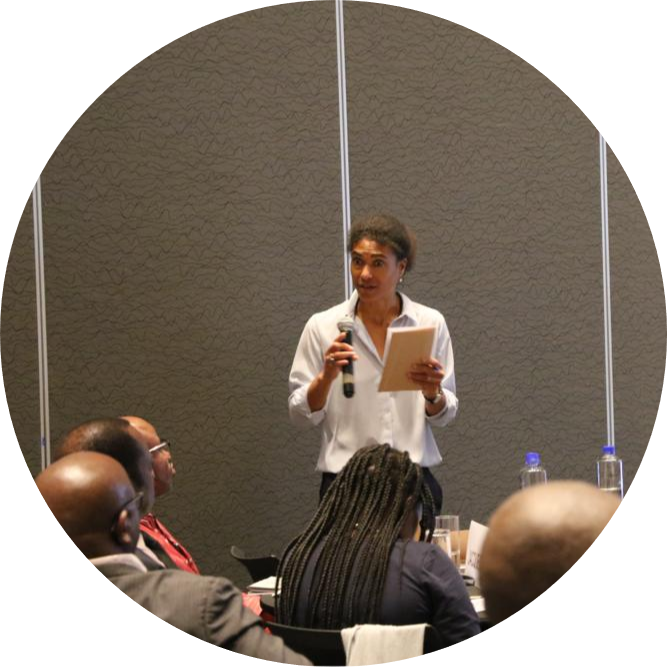
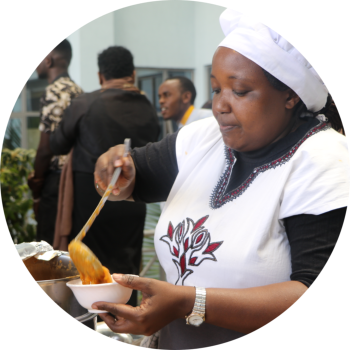
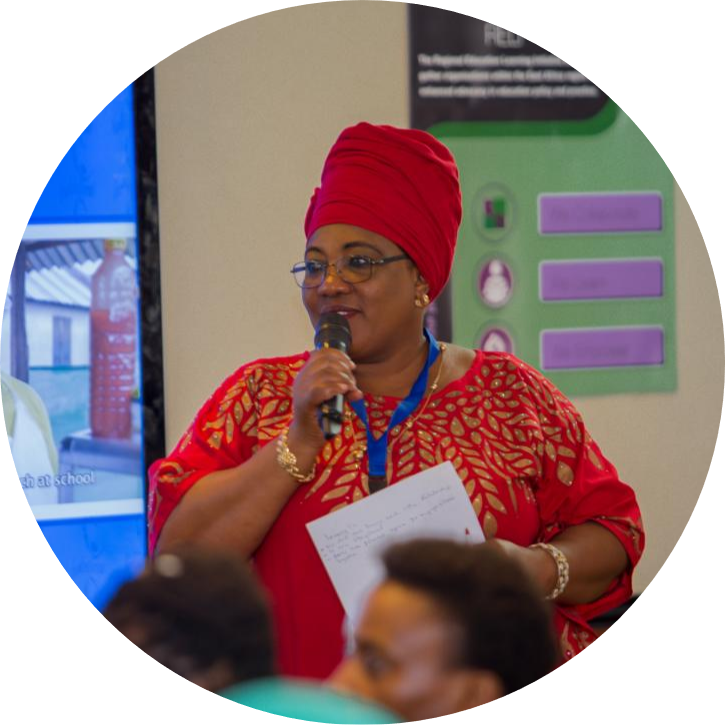
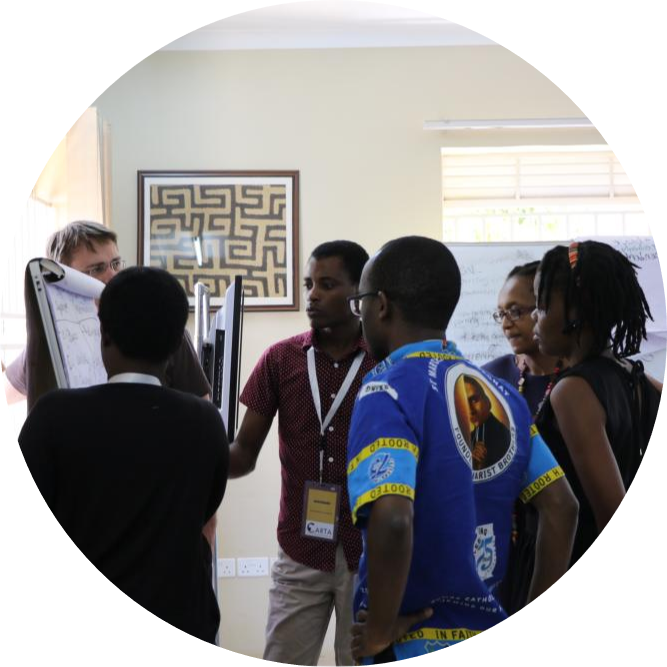

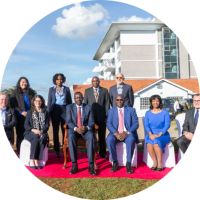
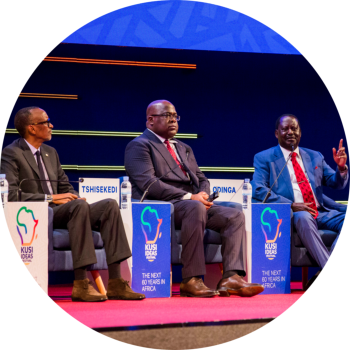


.png)
